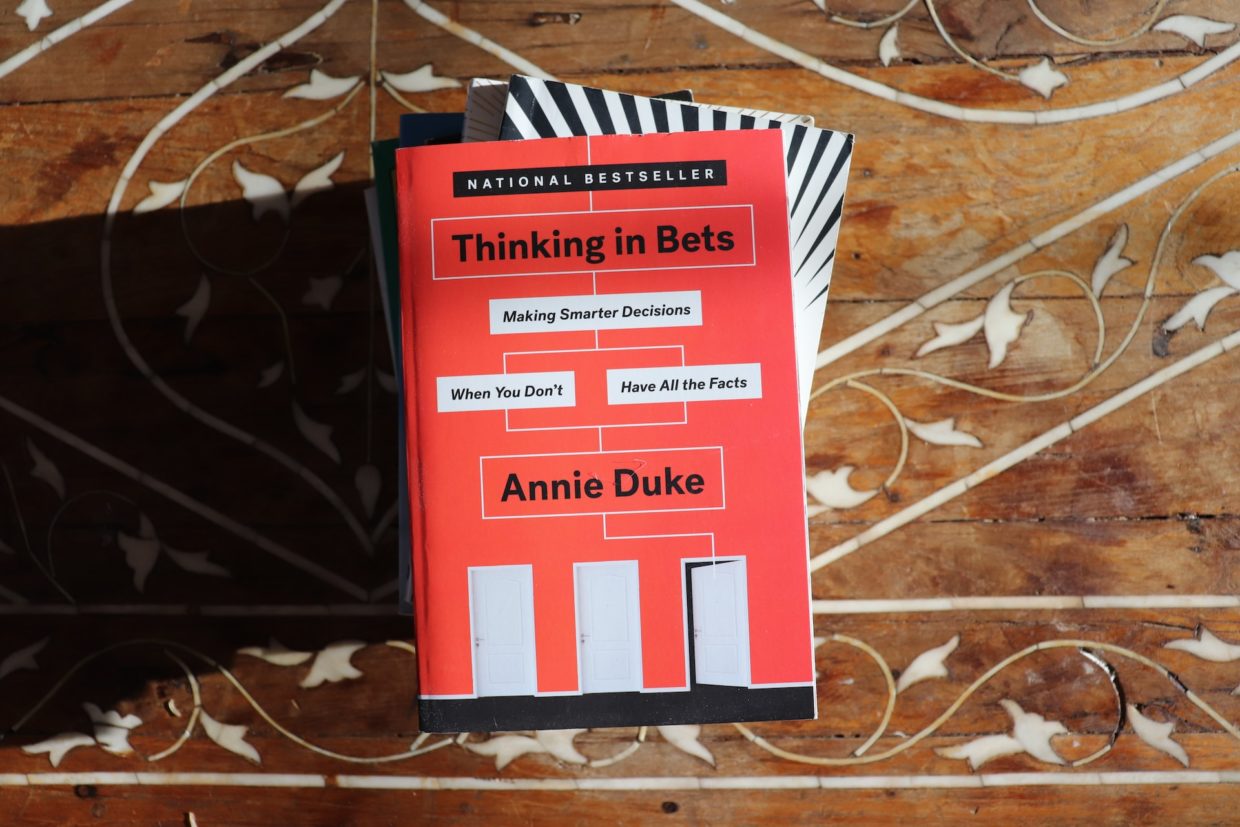Sports betting can be an exciting way to engage with your favorite sports and teams. However, as a beginner, it’s important to educate yourself on the activity to ensure you bet responsibly. This article will provide an overview of tools and strategies amateur bettors can use to make informed wagers. We’ll cover basics like understanding odds, bankroll management, and where to place bets. With the right approach, sports betting can be an enjoyable hobby.
Understanding Betting Odds
One of the first things new bettors should learn is how to read odds and betting lines. These numbers determine the payouts on bets and the implied probability of each outcome occurring. Point spreads, moneylines, and over/unders are the most common ways odds are expressed. Resources like odds calculators and cheat sheets can help decipher the numbers when you’re starting out. Take time to familiarize yourself with the different formats.
Managing Your Bankroll
It’s crucial to wager responsibly and within your means as an amateur. Setting a gambling budget and sticking to it is key. A common tip is to bet no more than 1-2% of your bankroll on any single wager. This helps minimize losses and ensure you have funds left to keep betting. Spreading bets over multiple games also helps mitigate risk. Resist the urge to chase losses with increasingly big bets.
Where to Place Bets
In most places, you now have options on where to put your money down. Physical sportsbooks at casinos and racetracks were once the only choices. But online sports betting sites and mobile apps have exploded in popularity in recent years. Compare factors like odds, bonuses, reputability and ease of use to pick the best fit for you.
Bet Variety
Straight bets on sides and totals are simple ways to get started, but there are many more exotic bet types to explore. These include parlays, prop bets, futures, and live betting. Learning when to use each can give you an edge. But stick to basic bets until you find your footing. However exotic the bet, the same basic principles of research, bankroll management and finding value apply.
Table of Helpful Resources for Amateur Bettors
| Website | Key Offerings |
|---|---|
| OddsChecker | Odds comparison service |
| The Action Network | Betting analytics & tools |
| ESPN Chalk | Betting news & analysis |
| Covers | Odds, picks, and matchups |
Researching Bets
Information is every bettor’s best asset. Study up on things like injuries, weather, coaching changes or team trends that may affect outcomes. Read experts’ opinions, but form your own judgments. There are no guarantees, but being an informed bettor will serve you well. Focus your bets on leagues and sports you follow closely as a fan.
Introduction to Bankroll Management
Bankroll management is arguably the most critical betting skill for amateurs to master. Your bankroll is your available sports betting budget. Stick to betting a small percentage, no more 1-2%, of it on any single wager. This ensures you survive natural losing streaks and avoid ruin.
Setting a Budget
Figure out how much you can afford to put toward sports betting. Make it an amount you would not miss in day-to-day life. Many experts suggest a minimum starting bankroll of £1,000 to give you an adequate cushion.
Bet Sizing
Place bets in amounts that align with your bankroll and risk tolerance. A £10 bettor should not be wagering £100 on games. Bet sizing is hugely impactful on whether your bankroll grows or shrinks over time.
Managing Losses
Losses are inevitable, even for seasoned pros. Don’t chase losses by increasing bet sizes. Stick to your method. Similarly, don’t increase bets dramatically after wins. Bankroll management is about minimizing variance, not maximizing immediate returns.
Take Advantage of Sign-Up Offers
Sign-up bonuses and free bets from sportsbooks are a great way to get an edge as an amateur. Take the time to shop for offers and understand the terms. View them as part of your starting bankroll rather than house money you can bet recklessly.
The Tools You Need to Get Started
While betting on sports requires some financial commitment, it does not require expensive specialty equipment. Here are a few basic items and services all amateur bettors should utilize.
- Odds shopping service – Compare odds at multiple sportsbooks to find the best prices on each bet. This edge boosts your long-term returns.
- Computer or mobile device – Essential for researching bets, managing your bankroll and placing wagers online.
- Spreadsheet software – Useful for tracking bets, wins/losses and calculating key stats like ROI.
- Sports media subscriptions – Access to quality statistics, injury reports and other betting info. Worth the minimal cost.
- Basic models – Many successful amateur bettors use simple statistical models to identify value. No need for complex machine learning algorithms.
Overall, sports betting can undoubtedly be intimidating for newcomers. But with a methodical approach focused on money management, finding value through research, and utilizing key tools and resources, amateurs can make betting a fruitful pastime. Always gamble responsibly and within your means. With discipline and patience, this exciting hobby can pay dividends over the long run.
